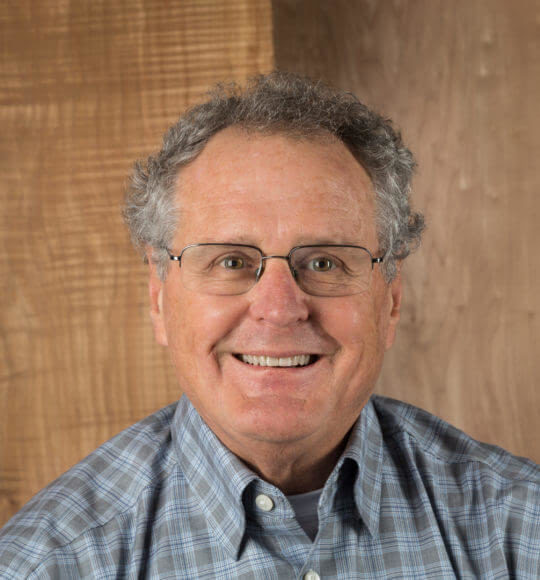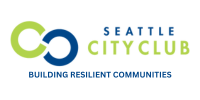Seattle CityClub Board Spotlight: Steve Hill
Human Nature & Civic Engagement
 Seattle CityClub’s Board of Directors is comprised of many distinguished community leaders committed to respectful civic engagement, non-partisanship, access to public officials, and productive collaboration. One of them is CityClub Board Member Steve Hill, who discusses pursuing effective civic engagement while keeping in mind human psychology and sociology.
Seattle CityClub’s Board of Directors is comprised of many distinguished community leaders committed to respectful civic engagement, non-partisanship, access to public officials, and productive collaboration. One of them is CityClub Board Member Steve Hill, who discusses pursuing effective civic engagement while keeping in mind human psychology and sociology.
Q: Can the desire to do good be quantified, in terms of the costs and benefits of an individual’s daily life and an organization’s effectiveness?
The straight answer on the quantification issue is that, if it can be, I am not aware of any way to do it. The second thing that the question evokes is how one maintains balance in what they are doing with their life. The people that are intentional about this have some idea of their purpose in life and what is important to them.
Each of us has to decide our priorities and what matters to us as a person. In terms of time management, what part of our time are we going to spend on things like eating properly, getting exercise, or spirituality? Each of us must decide what to do for ourselves, our family, community, country, and world. Everyone answers these questions differently. What I think is important is that you are intentional about it. Many people are not intentional about it; they sleepwalk through life without stopping and thinking about how they use their short and precious time on Earth.
Q: What in human nature makes individuals want to serve their community? Alternatively, how do the natures of groups and individuals within groups complicate the desire to do good?
I do not know anything in life that is important that you can do by yourself. So, you have to win over other people to make a difference. Do other people and organizations complicate work? Yes. But getting that understanding of your place in life and learning to persuade others may be the way you have the most significant impact. You may be the smartest and most articulate person, and you may be the fastest at solving a problem or knowing a technology. However, until you can persuade others, you have not crossed a critical threshold that healthy and effective adults go through at some point or another.
Q: A group is a challenging but necessary piece of civic engagement, you could say?
Yes. I believe in the wisdom of crowds. If there is an open and inclusive process, a group will probably be able to come up with a better answer. I know that it can be debated. When I have had to “compromise” in a group, there is often a better idea or more effective balancing of interests.
Q: Do you think there can be the same level of courage and risk-taking in groups?
Yes.
Q: Do these findings differ in the public sector vs. the private sector?
People in public agencies and the private sector are all people and are not much different. I worked with excellent people at Weyerhaeuser and in the state government. Organizational dynamics were very similar in the two sectors.
The one significant difference is risk-taking. In the private sector, you can take risks and make mistakes, and you can have failures and say you are going to learn from the failures and move on. In government, there is no reward for failure and learning from failure. In fact, there is no tolerance for it. Government agencies and organizations are highly risk-averse, which then influences a lot about how they do business.
Steve Hill has been a Seattle CityClub board member for over 5 years. He has served as the Finance Committee Chair since 2017. To learn more about Steve Hill, you can visit his LinkedIn.
Interview by Deepthi Chandra, Communications Intern at Seattle CityClub.
